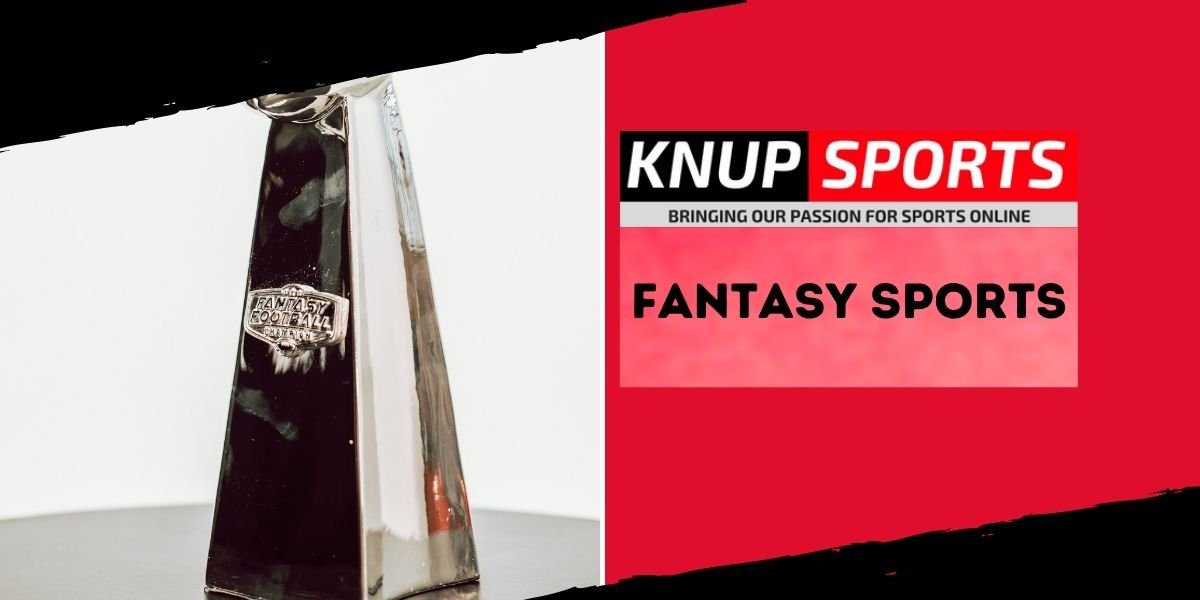Hockey is arguably the most aggressive sport. According to Nationwide Children’s, In the United States alone, there are more than 20,000 injuries seen in emergency departments as a direct result of the sport.
Stanley Cup Violence: It Needs to Stop
Some would argue that in the professional sports world, that is what attracts some of the fans. There is even a popular expression as a result of the game’s reputation; “I went to a fight and a hockey game broke out.”.
However, in recent years it has been called into question as to whether the sport is too aggressive, especially when it comes to playoffs. The NHL is known for having referees that will turn a blind eye, so to say, and allow fights to go on longer than is normally allowed in order to enhance the spectacle of the sport.
The league is also known for giving out lighter punishments for roughness during the playoffs. It’s all in the name of keeping the “culture of hockey” sacred and many of the older fans prefer this, some of which can recall times when helmets weren’t even required.
There has been much more research into concussions and the consequences that can echo long after a player has hung up their skates. The narrative of continuing to play despite an injury, whether visible or not, to prove something is outdated.
There are complaints from some that the league is too lenient with its punishments. As an example from the 2021 playoffs, Nazem Kadri with the Colorado Avalanche received an eight-game suspension after a “high, forceful check” to the Blues Justin Faulk’s head on May 19.
This is Kadri’s sixth career suspension, three of which took place in the postseason over the last six Stanley Cup playoffs. This shows again how aggressive the NHL playoffs can get.
Stanley Cup violence has to stop! These six incidents do not account for other hits and checks that were unnecessary that he administered; these are just the ones he got reprimanded for. The question is whether enough is being done to ensure that repeat offenders such as Kadri get the message.
To use this example again, at least NHL commissioner Gary Bettman decided to uphold the eight-game suspension despite Kadri’s appeal. The fact that Kadri felt he was entitled to a lighter sentence shows that not all of the players are getting the message to lay off on the aggressive playing style.
A repeat offender who is endangering the game of hockey and ruining the reputation of the sport should receive more punishment for their actions. After Kadri’s eight-game suspension is up, what is to prevent him from hurting another player again, supposedly in the name of the game? However, the fact that he did receive such a long suspension shows that the league is trying to fix the problem of Stanley Cup violence.
Final Verdict
Yes, the referees and the league need to be stricter when it comes to playoffs because players’ health and careers are on the line. The game is just as fun, if not more, when no one leaves the ice on a stretcher. Hockey is already dangerous enough without the added threat of referees not controlling the aggressiveness level on the ice.
Hockey is one of the best games, if not the best game, in the world. It is constantly growing in popularity, but one way to quickly lose that momentum is to show the world that the league cares more about excitement and drama than players’ safety. In the past, the league has been lenient on hits, checks, and other forms of fighting when it comes to playoffs, but that is changing.
The league and the referees are beginning to realize that they can’t let as much go in the playoffs as they used to. Although Kadri seems to not be learning his lesson, he is at least getting punishment for his actions.
The NHL is heading in the right direction to prevent the playoffs from experiencing too much violence, but there is still a long way to go in ensuring players’ safety in the quest for the Stanley Cup.











